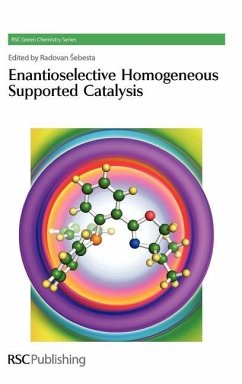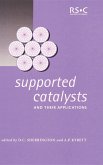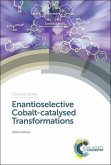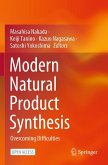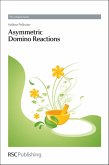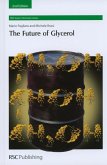Immobilization of chiral catalysts is an important tool for improving the overall efficiency of catalytic processes. However, heterogeneous catalysts often suffer from decreased activities and supported, but still homogeneous catalysts can help overcome this issue. This book covers the most important concepts of homogeneous supported catalysis with an emphasis on enantioselective processes. It describes the state-of-the-art and latest developments in each area while critically evaluating the strengths and weaknesses of this important method. The book encompasses ionically-tagged catalysts, supported organocatalysts, supported ionic liquid phases, catalysis using soluble polymers, catalytic dendrimers, fluorous catalysts, water soluble catalysts and non-covalent immobilization methods. Potential developments and ideas for the future are also highlighted. There is a growing demand for effective and recyclable catalysts so this book, covering all the important methods in the field of supported homogeneous catalysis, will appeal to many researchers in academia and industry.
Hinweis: Dieser Artikel kann nur an eine deutsche Lieferadresse ausgeliefert werden.
Hinweis: Dieser Artikel kann nur an eine deutsche Lieferadresse ausgeliefert werden.

